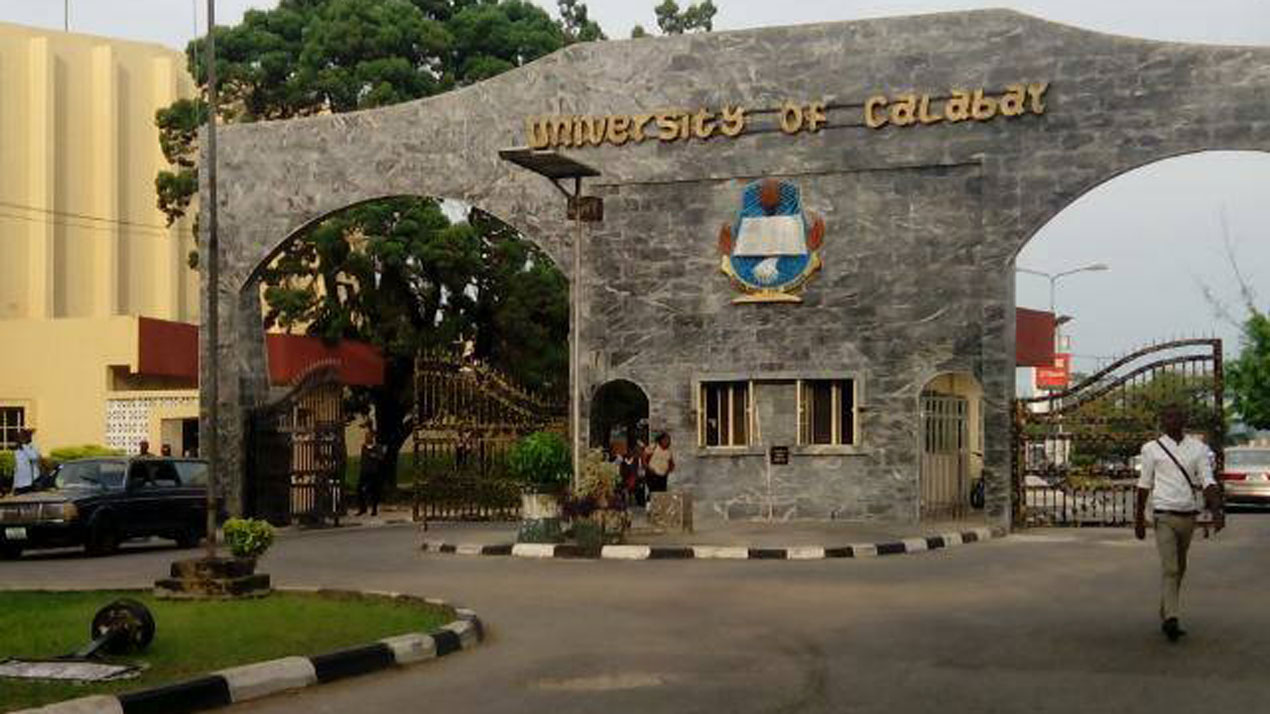
University of Calabar is to spend $30 million on solar energy to get steady power supply in the school and its environ.
The solar energy project by the university is coming through the Nigeria-German Energy Partnership programme.
At the groundbreaking ceremony, yesterday, the Consul General of Germany, Herr Ingo Herbert charged Dantata Solar Energy Limited, the development/technical partners to put in their best in the project execution so that it can come to reality.
He said that $30 million has been set aside by the Nigeria-German Solar Energy power partnership to be used for construction/take-off of 10 mega watts of the power project.
Coordinator for the solar energy partnership, Jeremy Gains, who spoke with journalists shortly after the ground breaking, said that the $30 million will be paid from some of the monies that the university is spending on diesel and this will become an investment on the project.
Gains said, “the project is going to cost us $30 million. It will be paid for, from some of the monies that the university is spending on diesel. It means that the university is going to spend on the solar energy. If you look here it will go as far as the fence and the River. It is going to provide enough power for the university community, for University of Calabar Teaching Hospital and the Cross River University.”
On the sustainability of the project, he said, “the system we will build here will run at normal hours for 25 years, and it will continue, and after that the place becomes fully powered. The system is designed for the university to pay for it and when they pay it off after seven years, they will begin to enjoy free and constant electricity.”
He said the solar power is designed in a manner that it will provide constant electricity in the campus for 24 hours, seven days of the week for 25 years, adding that the power project is not a Federal Government project but a project that is born out of the partnership.
On his part, the Vice Chancellor of the University of Calabar, Prof. Zana Akpagu, said that upon completion of the project, the institution would be ranked among the best universities in Nigeria.
He said, “when the university was designed in 1975, it was not designed with the use of electricity in mind but as of today, football is even being played in most stadiums with the use of electricity. By then people didn’t even know how to use laptops.
“If you go round the institution, you will discover that there are some bulbs that have no light but once this project is completed all the bulbs are going to have light.






